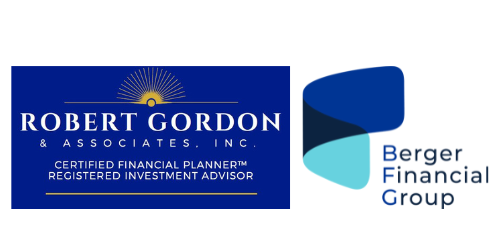The Most Dangerous Form of Investing
Submitted by Robert Gordon & Associates, Inc on March 19th, 2020
Don't gamble with your future.
Those who “play” the stock market hope to become rich. But they are more likely to become poor.
That’s because “playing” the market — frequent buying and selling — is akin to playing roulette. And compulsive trading could turn you into a gambling addict.
Although many people agree that obsessive stock trading — often called day trading — is a form of gambling, most consider it harmless. What they fail to understand is that such investors share most of the same attributes as problem gamblers. Both have let their desire for a steady jolt of adrenaline spiral into a disease.
A clinical psychologist offers 11 warning signs that an investor might actually be a gambler in disguise. Exhibiting just five of these signs suggests you could have a gambling problem:
- High-volume trading where the “action” has become more compelling than the objective of the trade.
- Preoccupation with your investments — excessive studying of investment newspapers and websites, constant thoughts about the market that interfere with work or social life, or constant calls to a broker.
- Needing to increase the amount of money you have in the market; borrowing money from brokerage firms, called “margin” or “leverage”; or using options and futures contracts to feel excited.
- Repeated failed attempts to stop or control your trading activity (such as tapping into accounts you previously declared off-limits or changing instructions to your broker).
- Restlessness or irritability when attempting to cut down or stop market activity, or when cash is sitting in your account “uninvested.”
- Involvement in market activity to escape problems, relieve depression or distract yourself from painful emotions.
- After taking losses, continuing to take positions or increasing a position as a way to break even.
- Lying to family members and friends to conceal the extent of your market involvement.
- Committing illegal acts, such as forgery, fraud, theft or embezzlement to finance market activity.
- Jeopardizing significant relationships, your job, or educational or career opportunities because of excess time spent playing the market.
- Relying on others to provide money to relieve a desperate financial situation caused by gambling in the markets.
One major difference between compulsive investors and chronic gamblers is the age in which the disease is most prevalent. Chronic gamblers are typically in their late teens and early 20s, while those who immerse themselves in the stock market to the point of excess are typically in their 30s and 40s.
If you or someone you know suffers from this form of gambling addiction, the self-help group Gamblers Anonymous says total abstinence is required — just as it is for those addicted to alcohol or drugs. In a pamphlet titled “The Stock Market, Retirement Accounts and Gamblers Anonymous,” the group says:
“Turning over control of investments to a spouse, relative or professional financial planner is an important step toward recovery. The more distance there is between the investments and the compulsive gambler, the stronger the recovery will be.”
Making sound investment decisions is tough, especially if you are looking for a quick return. The long term investment strategy is a "get rich slow" strategy. A successful long-term investment strategy is not meant to be exciting.

